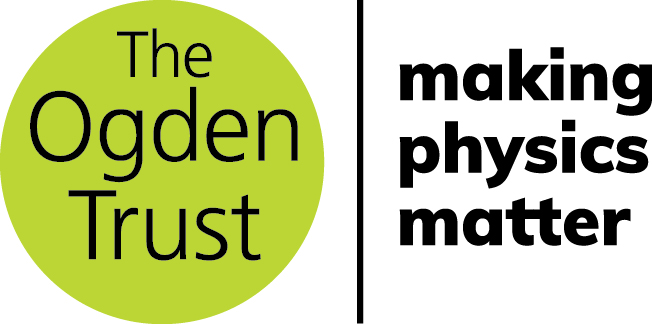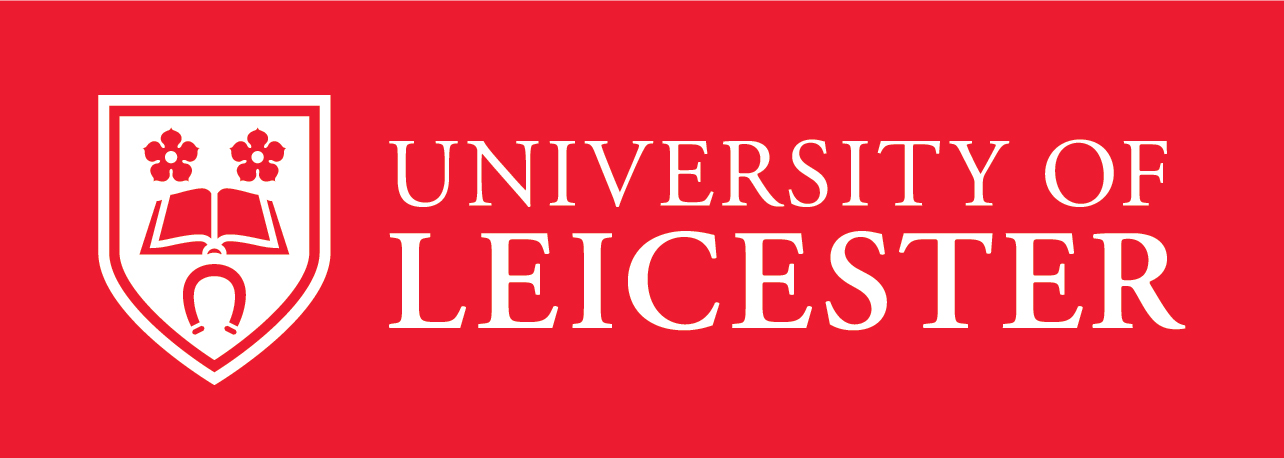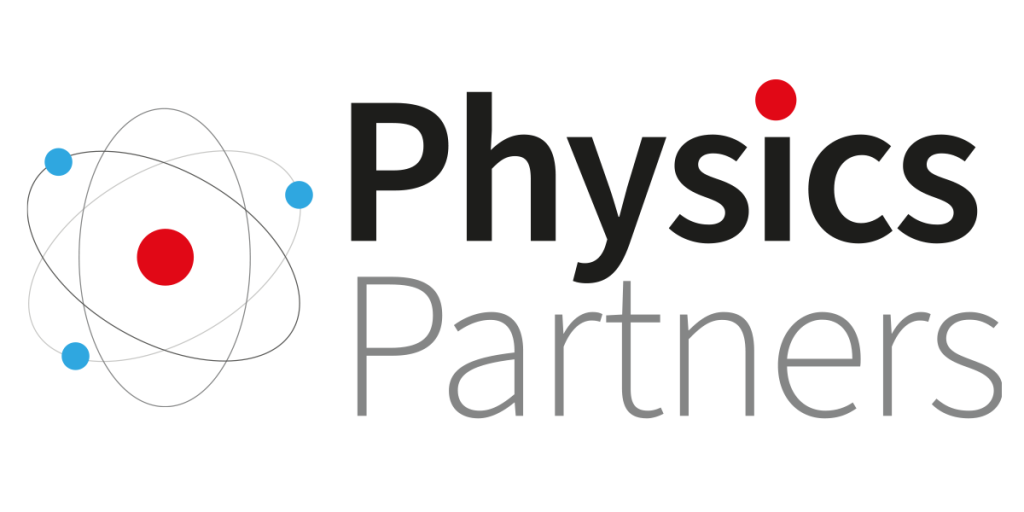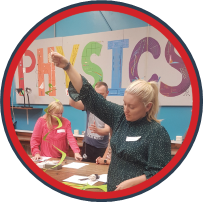


** SOLD OUT**
Join us for a day of physics workshops, and a topical keynote at the Festival of Physics on Friday 20th June, 9.15am – 3.00pm. Generously supported by The Ogden Trust at the University of Leicester, this full day of training and workshops will include sessions for all secondary teachers of physics, including ECTs and trainees. Technicians are also welcome. Lunch and refreshments are included, and you will leave with access to all festival resources!

Select three workshops from a choice of sessions including hands-on practical activities and ideas for making your teaching even more engaging, all delivered by expert physics teacher trainers . Enjoy the ‘speed dating physics’ session with a carousel of physics demonstrations and listen to the Keynote Speech ‘Where Atoms meet AI: Quantum Physics, ChatGPT, and GCSEs.’ There will also be a chance to network with colleagues from across the region and browse exhibition stands showcasing nationally and locally available resources, as well as physics equipment and suppliers. All attendees will be given the chance to enter our free equipment raffle!
Please find full programme details below. We are asking for a contribution of £10/person towards the cost of this event (no charge for Initial Teacher Trainees). There is the option to request an invoice upon booking. You may find this letter template useful for asking your school to pay the £10 fee.
This event is now sold out but you can join the waiting list by clicking Book Now.
Keynote Speaker: Professor Philip Moriarty ‘Where Atoms meet AI: Quantum Physics, ChatGPT, and GCSEs‘
It is now not just possible, but essentially routine, to image, move, and spectroscopically probe single atoms. Indeed, state-of-the-art nanotechnology involves the manipulation of matter with better than atomic precision – we can target (and break/form) single chemical bonds. This is achieved using a microscope like no other: the SPM (scanning probe microscope). This ability to not only see but prod, poke, push, pull, pick up, and/or put down individual atoms and molecules means that the world of quantum mechanics becomes tangible even at a GCSE level. I will discuss how we have used the Sixty Symbols project to bring quantum physics of this type to broad audiences (ranging from 5 to 85 years of age), and where this type of approach could potentially be adopted (and adapted) for GCSE teaching. Professor Philip Moriarty is a Professor of Physics and EPSRC Established Career Fellow (2020-2025) in the School of Physics and Astronomy, University of Nottingham
Programme
09.15 Registration and refreshments
09:45 Introduction
10:00 Keynote: Professor Philip Moriarty ‘Where Atoms meet AI: Quantum Physics, ChatGPT, and GCSEs‘
10:55 Session One Workshops
11:50 Session Two Workshops
12:45 Lunch and refreshments
13:30 Session Three Workshops
14:25 ‘Speed Dating’ Physics
14:45 Raffle
15:00 Close
Workshop choices
FULLY BOOKED | Neal Gupta | KS4 and KS5 | The ‘accelerator bowl’ is a model of a circular particle accelerator that can be used to explain the workings of real machines like the Diamond Light Source Synchrotron and the Large Hadron Collider. Although it is a very simple model, by discussing the similarities and differences between this and a real accelerator, we can understand a lot of the Physics involved in these intriguing machines. You will also build a model of a linear accelerator and both models can be taken away for you to use in the laboratory. There will also be suggestions of how the model can be incorporated into your physics teaching. | Neal Gupta has been teaching since 1993 and has experience in four different schools. At his last school, he was Head of Physics, STEM Coordinator and Head of Upper School, an SLT role. Since 2008, Neal has also worked as a consultant for Institute of Physics supporting the teaching of physics primarily across the East Midlands and more recently as Regional Coordinator for Physics Partners. |
| 2. Approaches to support access to physics: The Tactile Universe and Classical Mythology | Adrian Warhurst and Jane Ainsworth | KS3 and KS4 | The theme of this session is inclusion and science capital. We will first explore the resources of the Tactile Universe project that produces resources for blind and partially sighted people to access the images that are generated in the exploration of the universe. The resources will be used to explore how pupils can gain a greater understanding of inclusion in physics. The exploration of images in visual and tactile form will be used and related to the KS3/4 space curriculum. We will then look at materials from the Classics Hub that takes mythical stories to introduce and explore key ideas in physics. The story of Icarus will be used to look at the topic of forces and motion in KS3. The story of Echo will be used to explore the properties of sound. There will also be an emphasis on scientific enquiry in physics. The importance of word origins from the classics will be discussed to support vocabulary development. | Adrian Warhurst is the Physics PGCE tutor at the University of Leicester and Jane Ainsworth is the director of the Leicester and East Midlands Classics Hub |
| 3. Loudspeaker building workshop | Lee Richards and Dr Nichola Swann | KS3 and KS4 | The session explores the principles of loudspeaker building and uses the Lascells loudspeaker kit to build and test your own. It’s a fun and accessible activity that can be shared with KS3 and KS4 students and STEM clubs. | Lee Richards is National Sales Manager at Breckland Scientific. He has previously worked in materials testing in a commercial environment and as a school science technician. Dr Nichola Swann, Lascells Ltd |
| 4. Planet Earth and our local neighbourhood | David Farley | KS3 and KS4 | This session will look at ways to teach the basics about the Earth and its place in the solar system. Using simple models (you will get to keep a set), the session will cover the teaching of all the basics from day / night, through to moon phases, the seasons, position of the sun, length of day light and much more. | David Farley has taught for over 30 years and has been Head of Physics, Head of Science and Deputy Head. He has also coached trainee science teachers at Edge Hill University. He now works for IOP as a Professional Support Coach and for Physics Partners as a trainer. |
| 5. Numeracy and Physics : A Dialogue with Maths | Paul Hammond | KS3 and KS4 | When it comes to a wide range of applications of Maths – be it rearranging equations, graphing, significant figures, showing working out, interpreting data tables and even down to choice of calculator – the Science department would do well to liaise with their counterparts in the Maths team. In this session Paul will lay out this common ground and suggest some solutions for joined-up thinking from a student perspective. | Paul Hammond is Director of Education at Physics Partners and also works with The Ogden Trust. |
| 6. Save planning and marking time with Isaac Physics | Ingrid Murray | KS3, KS4 and KS5 | Isaac Physics is a free online open learning platform to support the development of problem-solving skills in physics from 11 to university. This session will introduce you to the features of an Isaac Physics Teacher account and explore the many resources on Isaac Physics for secondary science teachers. | Ingrid Murray, Teacher Support Manager at Isaac Physics and an IOP-accredited Physics Teacher Educator. |
| 7. Discover the Power of Motion: Transforming Physics Education with the Go Direct Motion Sensor | Dan Roberts | KS3, KS4 and KS5 | See how versatile the ultrasound sensor is for aiding the understanding of physics phenomena, from acceleration to waves. This session will cover a series of experiments that will help you to enhance your student’s understanding, covering acceleration, graph matching, friction, falling objects, SHM and crumple zones. | Dan Roberts, Company Director of Instruments Direct. He is also a STEM Ambassador. |
| 8. Integrate Space into your Classroom | David Wilkinson | KS4-KS5 | In this workshop, from the National Space Academy, you will learn simple and effective ways to use space science as a context for delivering core science content. Utilising expertise gained from over 17 years of experience; we will showcase a range of inspiring, affordable, curriculum-focussed hands-on activities that can support your science lessons. With extensive experience working with non-specialist physics teachers, we will share with you resources you can use to engage and inspire your students while teaching core science curriculum content. Leveraging our extensive international network of educators and experience designing resources for the classroom and to be used in space, this National Space Academy workshop will equip you with knowledge and resources to improve your science curriculum delivery. | David Wilkinson is General Manager of the National Space Academy, overseeing all operations and projects. He has previously worked for the Police/Home Office Scientific Development Branch, IOP as regional manager and other organisations. |
